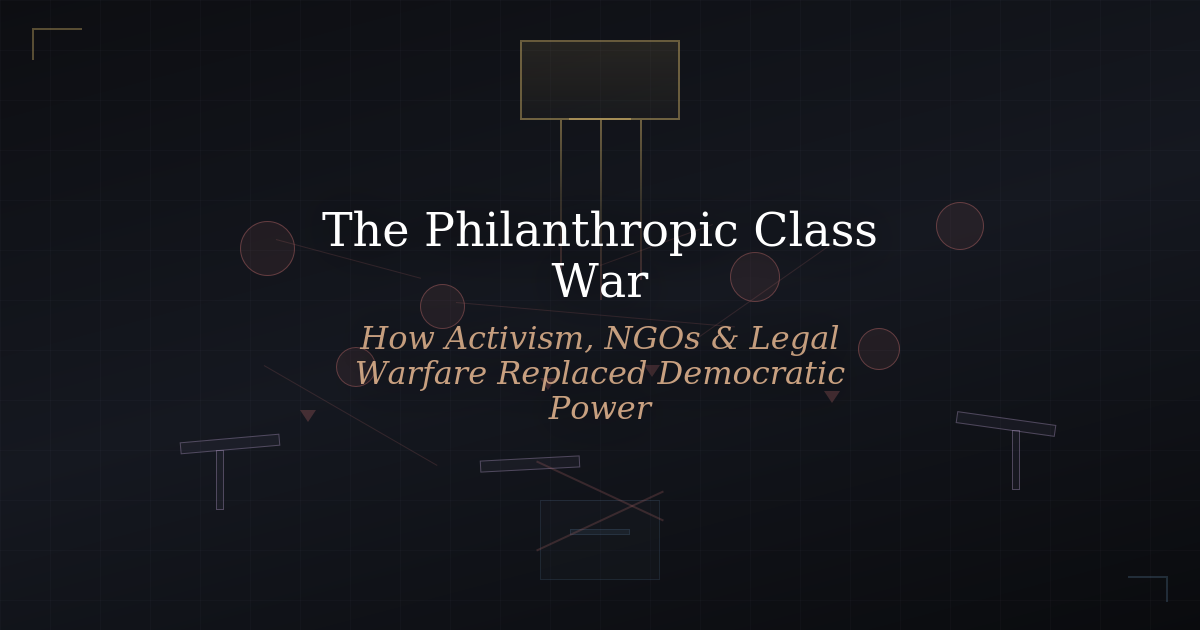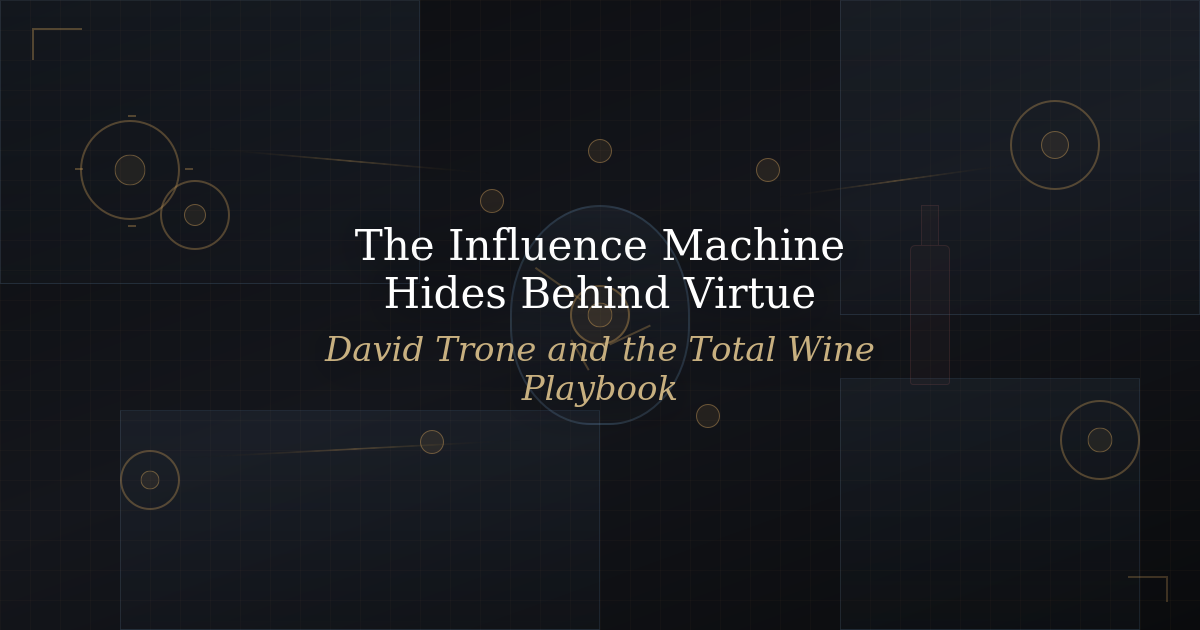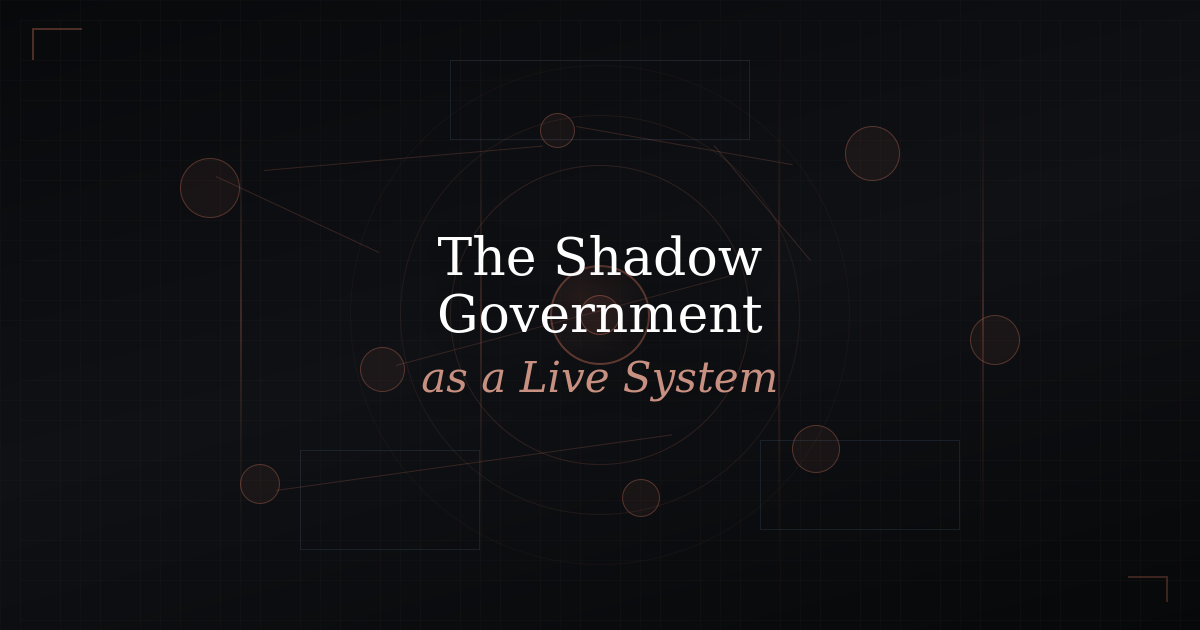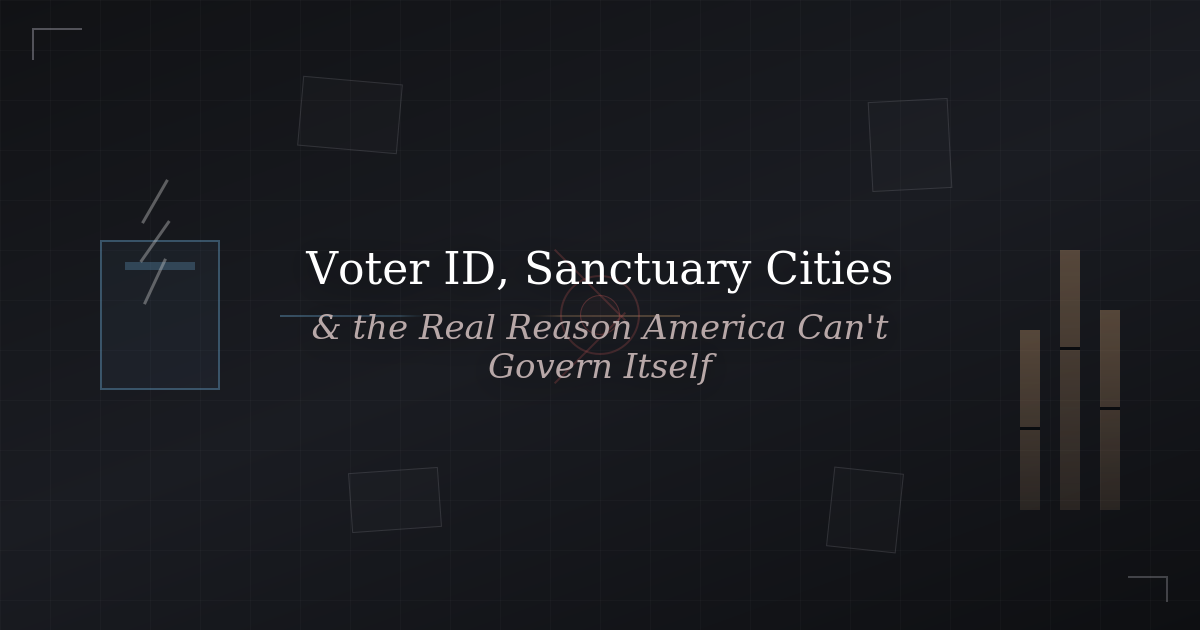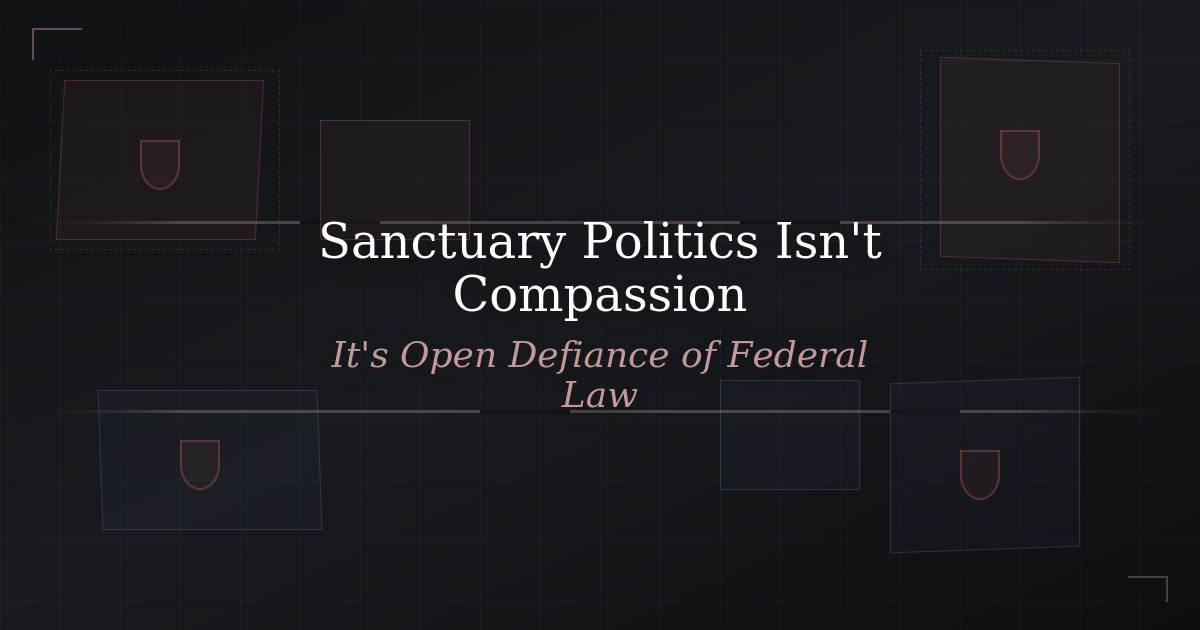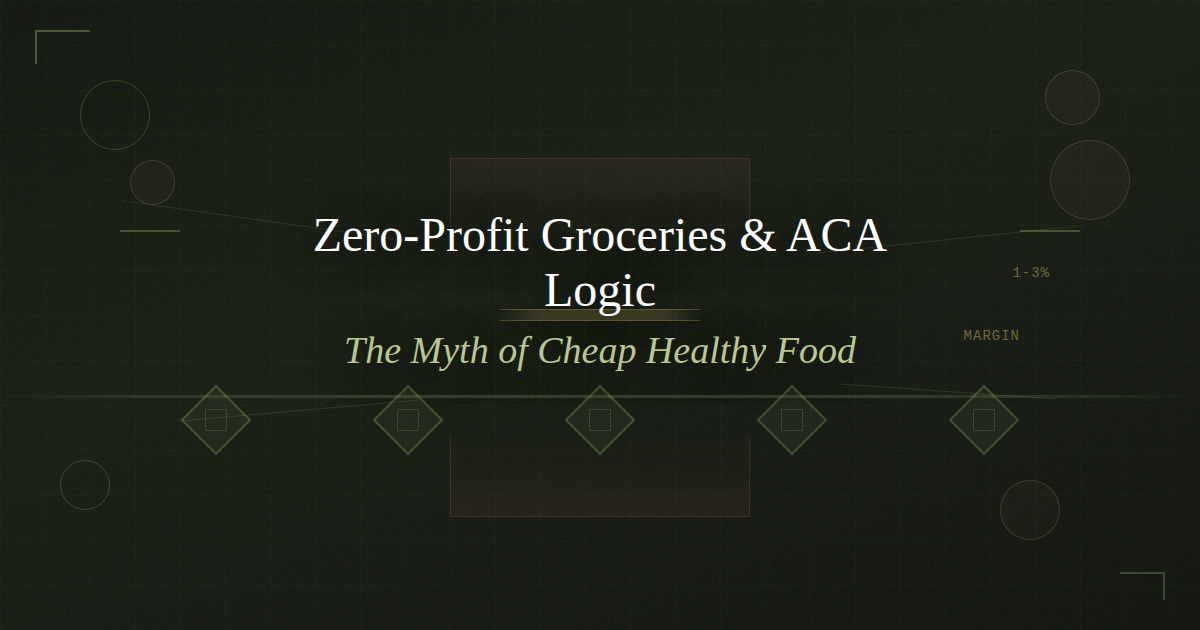US Politics #2 | October, 2024
Final US Politics Update Before Election Day 2024
The Democratic leadership—Obama, the Clintons, Biden, Schumer, Pelosi, and their supporters in the next generation of Democratic leaders and media—just don’t seem to get it. While everyone in the party speaks of leadership, DEI (Diversity, Equity, and Inclusion), and democracy, they demand that people vote for them, or else risk being labeled as fascists or Nazis. Free speech is branded as hate speech; Elon Musk and X are deemed “evil” to the point where jail time is suggested for their leaders. Starlink is seen as unnecessary competition with FEMA for helping hurricane victims, as Vice President Harris criticizes Trump’s empathy and connection with Musk. Meanwhile, the infrastructure plan spends billions, yet has anyone heard them discuss results ? And is anyone in the Democratic Party addressing border issues with a real plan?
Harris spoke passionately about establishing an “orderly and humane pathway to earned citizenship for hardworking people.” Asked by 28-year-old Jesús Aispuro, a hospital worker from California, about support for Dreamers—those forced to live “day by day” in “fear” due to their immigration status—the vice president described the issue as a “significant example of the costs of a broken immigration system.”
Read about the earned pathway that applies if one follows legal channels to come to this country. Yet, there’s discussion about price gouging and extortion tactics by unions. Approximately 45% of Americans view the Democrats as saviors, but increasingly, people may no longer be willing to follow the four-year cycle of promises. It’s not just about the economy anymore; as they say, “stupid starts to think.” Sorry, Democrats, Colbert , Stern (a.k.a., the “Fartman” ), The View (unbelievably, Behar was once a comedian ), and Call Her Daddy do not represent the so-called “stupid” faction; they embody it. They appear more interested in elevating their profiles than in helping anyone else.
There is some good in everyone, even in Mr. Tim Walz, but not everyone has to like it. It may seem strange, but perhaps it's mutual. For instance, if you look at Mr. Walz—a self-described socialist with conservative leanings, though he once followed John Kerry—he hardly appeals to Minnesota’s smart crowd. Nepotism isn’t solely reserved for dictators or mafia families—it’s prevalent within the Democratic Party as well.
In recent weeks, Walz has been credited with popularizing the Democratic Party’s latest criticism of the Republican ticket, labeling Trump and Vance as “really weird people.”
Nepotism within organizations can lead to a monopolization of power, as decisions tend to favor a connected group when members involved in decision-making are closely related. [17]
In retrospect, appointing Harris could be considered an act of nepotism. The “Harris Machine” enjoys support from the so-called War Machine and Trump adversaries—what more would be needed to keep the military-industrial complex alive? Dick Cheney would likely approve, and Liz Cheney appears to be following in his footsteps. However, what real danger does Trump represent? The so-called danger Trump offers —January 6th, discussions with Pence, or conversations with lawyers challenging vote counts—boils down to questioning election integrity. With so many questions around electronic voting, like why Facebook is present and why these voting machines, manufactured abroad by a private equity group, aren’t open for professional scrutiny, it’s no wonder states are allowed to use non-government certified systems.
Hunter’s laptop may still be in question, but we’re expected to believe the government has handled vote counting correctly? Puerto Rico found discrepancies in voting machines, but apparently, it’s “good enough” for Canada and the U.S., especially swing states.
Dominion is the second-largest provider of voting machines in the U.S., and in 2016, it served 70 million voters across 1,600 jurisdictions [40]. In 2019, Georgia selected Dominion to supply its statewide voting system starting in 2020 [42].
In total, 28 states used Dominion machines to tabulate votes during the 2020 U.S. presidential election , including most swing states [8]. Dominion’s role in this election led some Trump supporters to promote conspiracy theories about the machines after Trump’s loss to Joe Biden.
Dominion machines are also used in Puerto Rico , where, in 2024, the Puerto Rico State Commission on Elections considered ending its contract with Dominion after discovering hundreds of vote discrepancies [43].
Returning to paper ballots and hand-counting could alleviate these lingering questions, and security vulnerabilities would remain, making it difficult to trust electronic machines fully. For some, it may just raise the question—are you labeled a Nazi or not? But this uncertainty shouldn’t hinder a smooth inauguration process.
Following the 2016 U.S. presidential election , computer scientists, including Halderman, urged the Clinton campaign to request recounts in Wisconsin, Michigan, and Pennsylvania—three states where Trump won by narrow margins—aiming to rule out possible hacking of electronic voting machines [34].
On June 21, 2017, Halderman testified before the U.S. Senate Select Committee on Intelligence about the risks posed to election security [37]. His testimony emphasized the need for rigorous cybersecurity practices in voting equipment and the management of elections.
Following the 2020 U.S. presidential election , Halderman clarified that a software glitch observed during the unofficial vote tally was due to human error, not fraud [40]. He also called the conspiracy theory that a supercomputer was used to change votes from Trump to Biden “nonsense” [41].
His report on voting machine vulnerabilities, filed under seal in a Georgia case, is sought by litigants in another case, as well as by an election official in Louisiana [42].
In 2022, the Cybersecurity and Infrastructure Security Agency (CISA) issued an advisory titled “Vulnerabilities Affecting Dominion Voting Systems ImageCast X” based on Halderman’s research [43].
For those interested in the connections, a quick Google search of Staple Street Capital reveals that reveals that William Kennard , a board member at Dominion, has ties to both the Clinton and Obama administrations—an interesting connection, to say the least.
Kennard serves on various corporate and nonprofit boards, including AT&T, where he was elected chairman in 2020 [9]. He’s also involved with Ford Motor Company, MetLife, and is a founding investor in Staple Street Capital, a private equity firm [10].
The “old guard” campaigning for Kamala Harris, along with 238 health experts now requesting that Trump release his physical records, appear to echo the age card used against Biden. Have Obama or the Clintons’ messages grown stale? After years of name-calling and repeated attempts to undermine Trump, these issues may seem minor in comparison. Perhaps it’s time the “party of youth” showcases its own age. It may be time to establish an “age council” to represent each demographic better than the current administration’s DEI model. However, even among the young, the DEI focus on open borders and abortion as top priorities appears to reflect the Democrats’ central goals, even among the new leadership.
So, while Trump is labeled as an “old white man” like Clinton and Biden, where does Tim Walz fit into this picture? It begs the question: since when has racial identity become a factor to advance one’s career? Kamala Harris herself embodies this multifaceted identity discussion, while Doug Emhoff’s unique political position may offer insight into unity within diversity.
Do facts and policy still matter? Kamala Harris’s “opportunity economy” is strikingly similar to Tim Scott’s Opportunity Zones program, which has achieved significant success. A more detailed policy comparison between Trump and Harris may highlight the actual differences, but we know that even economists can sometimes prioritize political angles over objectivity. Trump’s economic policies were widely criticized as potentially inflationary and harmful to wages, yet some of those policies have been retained and even expanded by Biden. Notably, Biden’s administration has maintained Trump-era tariffs, which are now criticized as detrimental only when associated with Trump [Washington Post].
The world will go on after November 5. We’ve seen the impact of Trump’s policies from 2016 to 2020, and we’re currently living with the results of Biden’s decisions. However, the real question is how a Kamala Harris presidency might unfold. Her recent interview with Brett Baier has highlighted growing concerns about her leadership style; she’s been described as a “bully,” with few concrete answers offered to Baier’s questions. Her responses appeared to appeal primarily to anti-Trump voters, blaming Trump for issues spanning the last 25 years. If Harris wins , it could signify a new, assertive approach in U.S. politics, but whether it is reassuring or alienating is up for debate.
With all this focus on U.S. politics, it’s easy to overlook that GM projects EV-related losses will shrink by $2–4 billion in 2025—a modest price to “save the world.” However, when Elon Musk’s market share dips slightly, he’s labeled a major loser. The message here seems clear: vote Democrat so that taxpayer money is “wisely” spent, without concerning oneself with market dynamics. Meanwhile, we hear nothing about the closures at Walgreens or Boeing , both high-paying job providers. Unions seem focused on wage increases and quality control, or, better yet, the growth of “clean energy” jobs fueled by subsidies—lauded as a triumph of the Biden administration.
It may not matter who is better on issues like the economy, immigration, healthcare, or abortion. Harris’s emphasis on these topics might indeed fuel the economy, but advances like OZEMPIC won’t be the sole solution to health, and the topic of birth control requires careful consideration before the subject of abortion even arises. But as Obama once suggested, if you’re black, you should vote for Harris—thinking seems secondary. Here’s hoping that 51% of voters take the time to think critically.
Here’s a balanced economic view , and a reminder that only government spending truly causes inflation. But if you’re a Democratic supporter, maybe consulting a psychic might give you comfort. In August, the mood among liberals seemed buoyant, although the talking points were already muddied. Hate for Trump has once again become the go-to slogan.
The Second Gentleman , is he a potential liability? When rumors surfaced that he had mistreated a woman, the “Me Too” movement went quiet, with the media quick to dismiss it as something “that happens.” Meanwhile, figures like Trump are cast in much darker terms. Such double standards suggest that Democrats, like Hunter Biden, are afforded more leniency.
Another twist in the Smith investigation recently resurfaced Jan 6 events, further inflaming public debate. District of Columbia Judge Tanya Chutkan released a redacted version of an appendix tied to special counsel Jack Smith’s immunity motion, offering more insights into Trump’s prosecution. Currently, the released files span four volumes and nearly 1,900 pages, though much remains sealed or redacted.
Since Harris launched her campaign, her favorability has grown consistently among Democrats, as shown by recent YouGov polls showing an increase from 79% to 90% favorability among Democrats.
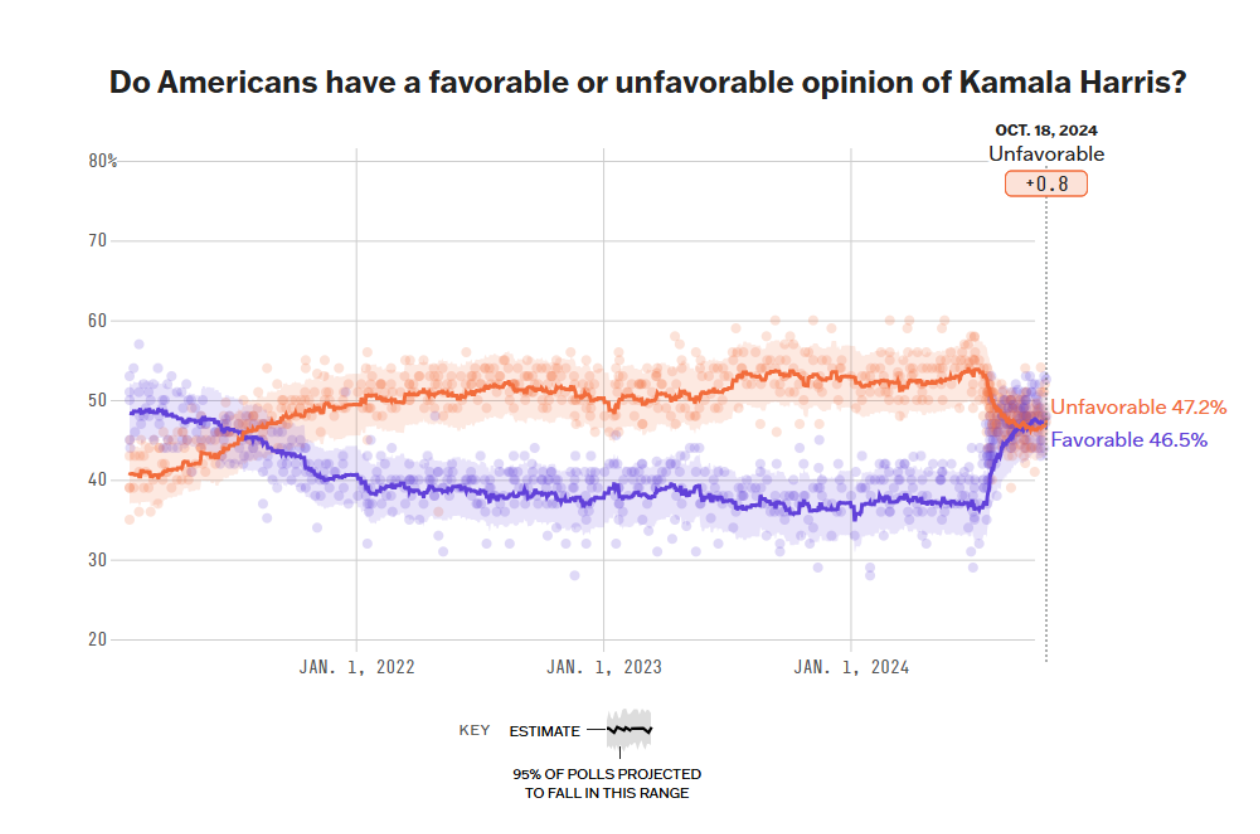
What’s your silver lining? We’ll soon know more in the November edition. No bets or predictions here, but the “dark number” among pollsters could be anywhere from 5 to 10 points. If you’re out of Trump signs in 50:50 states, thinking works— here’s a hint.


